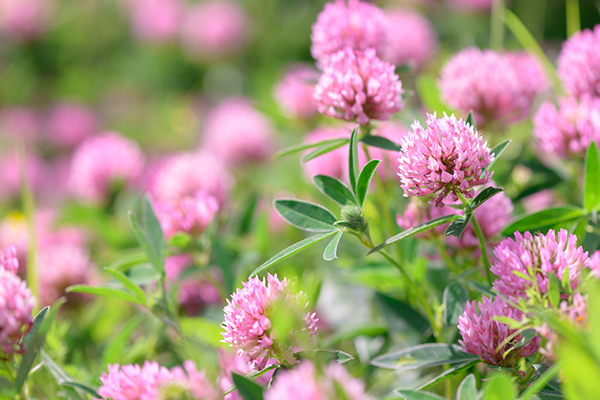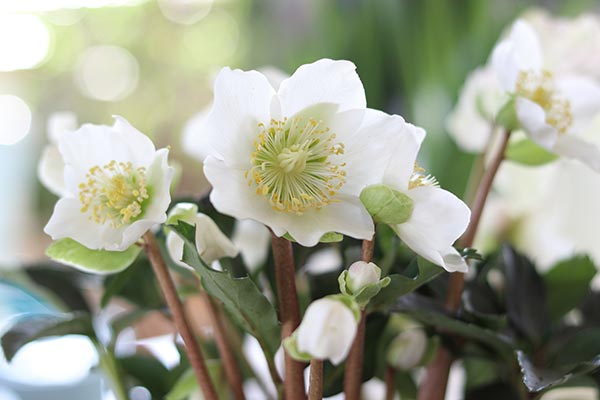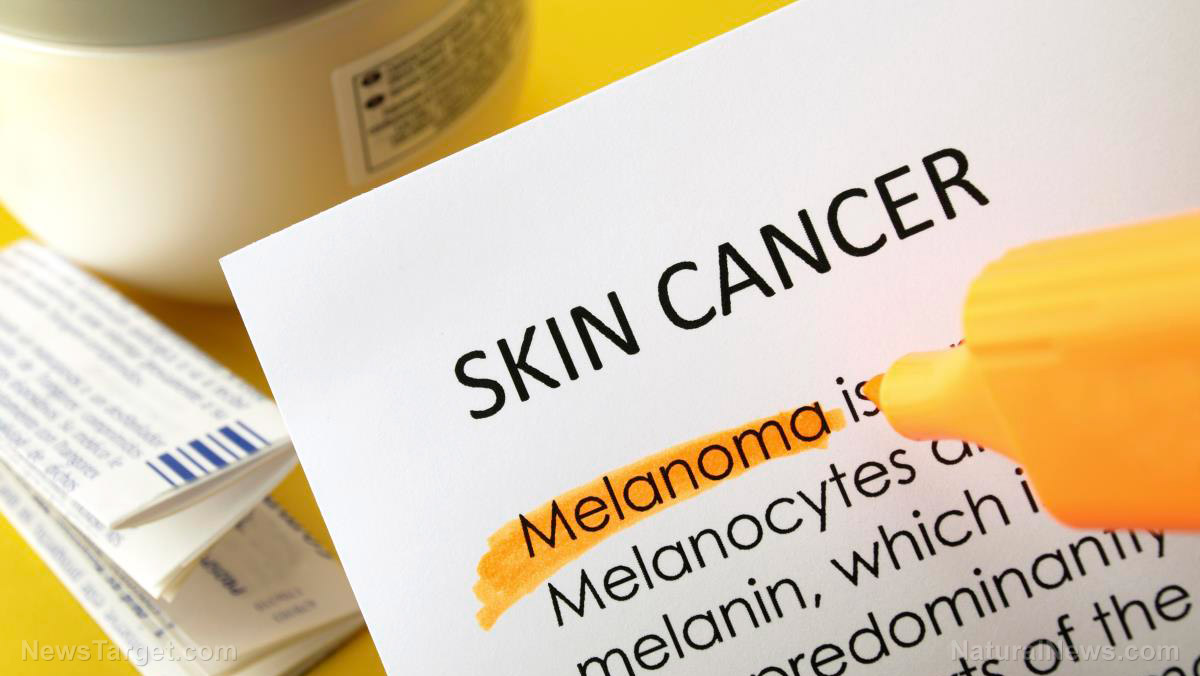People with cancer may benefit from medical marijuana, so why aren’t oncologists recommending it?
12/05/2019 / By Tracey Watson

Gone are the days when marijuana was viewed as nothing more than a dangerous, illicit drug. More than two thirds of U.S. states have now legalized its use, some for medicinal purposes, some for recreational use, and others for both.
Thanks in large part to information dispensed by the independent media, Americans have become educated about the amazing health benefits of marijuana, including in reducing the number of seizures in patients with epilepsy, preventing age-related cognitive decline, and in providing a safer form of pain relief for patients battling opioid addictions.
Studies have also indicated that in addition to providing a safe form of pain relief for cancer sufferers, marijuana might actually trigger apoptosis, the process by which cancer cells essentially commit suicide.
Interestingly, mainstream doctors have been quick to accept marijuana as a viable form of treatment for many health problems, and this includes those who specialize in cancer.
A recent study by researchers from the University of Colorado Cancer Center, found that 73 percent of oncology healthcare providers surveyed believe that medical marijuana could provide real benefits to cancer patients. Nonetheless, only 46 percent of them say they feel comfortable prescribing or recommending it.
This begs the question: If the majority of of these healthcare practitioners believe that marijuana could help their patients, why are more than half of them reluctant to tap into those benefits? (Related: Marijuana benefits cancer — Two studies you probably never read about.)
Uncertainty and fear of reprisals
The study, which was presented at the annual meeting of the American Society for Clinical Oncology (ASCO), found that despite being eager to harness the benefits of marijuana, the majority of oncology providers hold back because of a lack of knowledge, uncertainty around dosing, concerns around interactions with other medications, and in the case of academic medical centers, fears that recommending medical marijuana could jeopardize federal funding since it is still illegal at the federal level.
The organization eCancer reported:
Survey respondents included 48 specialised oncologists, 47 physicians, 53 registered nurses, 17 pharmacists, and 7 “other” oncology providers.
Seventy-nine percent reported that educational programs both during training and as continuing medical education courses could increase their comfort level with medical marijuana prescribing.
Interestingly, 68 percent of providers reported receiving information about medical marijuana from their patients – the next most common sources of information were news media (accessed by 55 percent of providers), and other providers (53 percent).
Marijuana’s incredibly rapid 180-degree change from illicit drug to health wunderkind means that the vast majority of healthcare providers have never received any official training in its use.
eCancer further noted:
Providers also reported legal and regulatory concerns, especially providers working in academic medical centers who expressed uncertainty whether recommending medical marijuana could jeopardise federal funding (marijuana remains a U.S. Drug Enforcement Agency Schedule 1 drug).
Providers felt as if additional clinical data describing the effectiveness of medical marijuana and endorsed guidelines describing the conditions and situations in which it should be used would increase their comfort in prescribing.
The survey revealed, however, that the greatest area of concern for oncology providers involves dosing guidelines. Since marijuana is not regulated at the state level, dispensaries can provide inaccurate and differing information about the amount of tetrahydrocannabinol (THC) and cannabidiol (CBD) in their products. This makes oncology providers nervous to prescribe marijuana to their patients, since they cannot be sure what exactly they will end up receiving.
There is also a great deal of confusion about the best method of consumption, with most oncology providers reluctant to prescribe inhalation or smoking, since there are concerns about the effects of these methods on lung health.
Clearly, for the health benefits of marijuana to truly reach patients, more studies need to be undertaken, healthcare providers need a great deal of education, and a dosing framework needs to be set up which will allow oncologists and others the freedom to prescribe it more freely.
Sources include:
Tagged Under: cancer, healthcare, marijuana, medical marijuana, natural cures, natural health, natural medicine, Naturopathy, oncologists, Oncology, oncology providers, remedies, tumors
RECENT NEWS & ARTICLES
COPYRIGHT © 2017 PREVENT CANCER NEWS



















